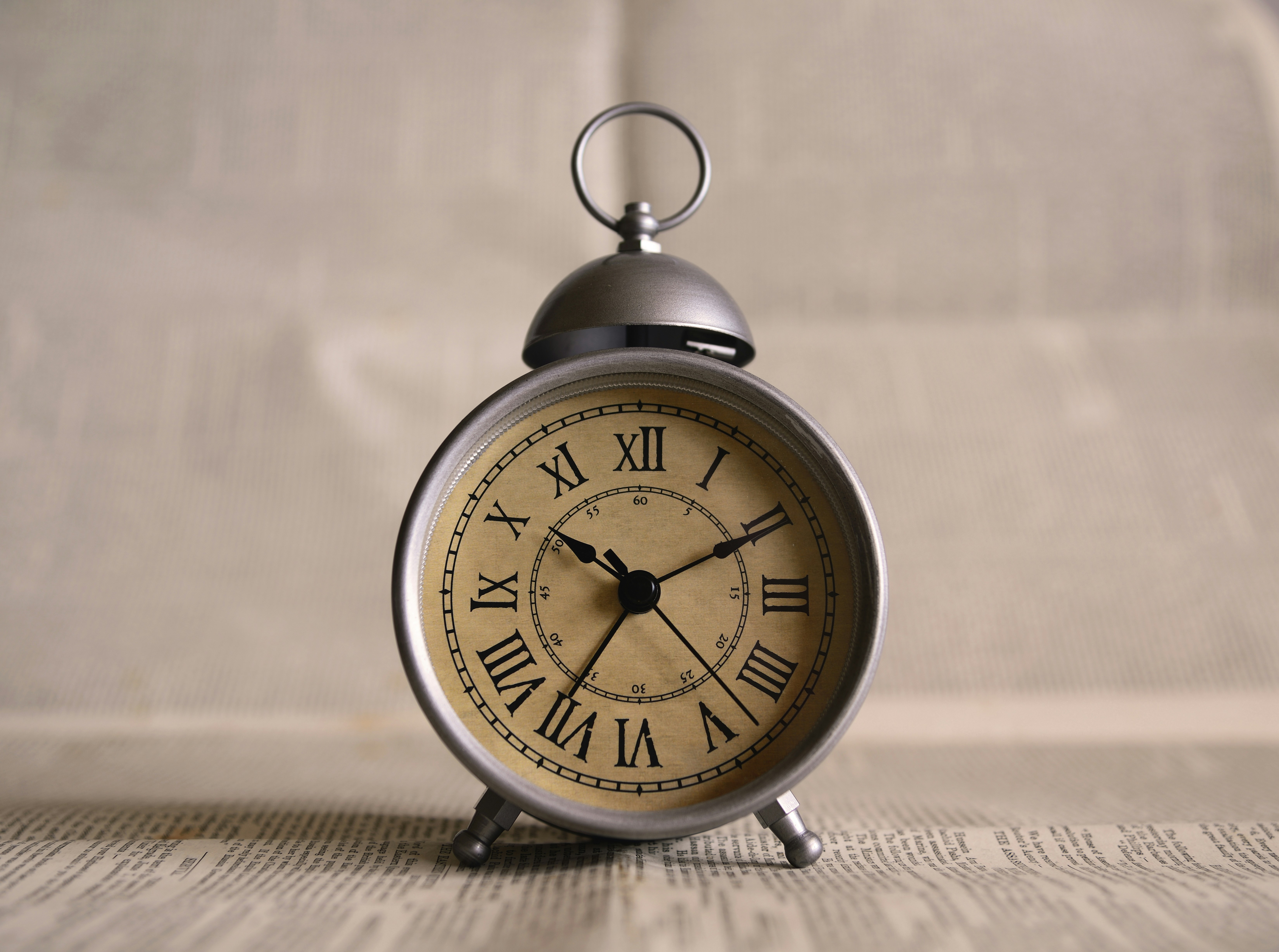Discovering the Underrated Influence of our Internal Clocks on Wellness
Do you ever wonder why you feel naturally inclined to sleep or eat at specific times? These instinctual behaviors are all thanks to our internal biological clocks, the lesser-known champions of our wellness. This article sheds light on the fascinating world of our circadian rhythms and how they impact our health.

The Mystery of the Circadian Rhythm
Biological rhythms, or circadian rhythms, are natural cycles in our bodies that regulate numerous physiological processes and behaviors. Historically, these rhythms evolved to align our bodies with the day-night cycle, allowing us to function optimally in harmony with the planet’s rotation. Over the past couple of decades, scientists have delved into understanding how these internal clocks influence our health and wellbeing.
The Implications of Circadian Rhythm on Health
Recent research has highlighted that our circadian rhythms play a pivotal role in dictating our sleep patterns, hormone release, body temperature, and even our eating habits. Disrupting these rhythms can lead to various health issues, including insomnia, depression, obesity, diabetes, and cardiovascular disease. It’s no surprise, then, that maintaining a healthy circadian rhythm is crucial to our overall wellness.
Exploring the Science behind Circadian Rhythms
Multiple genetic and environmental factors influence circadian rhythms. The suprachiasmatic nucleus (SCN), a group of cells in the brain’s hypothalamus, is considered the master clock that controls these rhythms. External cues, like light and temperature, can also influence circadian rhythms – a phenomenon known as entrainment.
The Balance between Lifestyle and Circadian Rhythms
Our fast-paced, modern lifestyles often do not consider the importance of maintaining a balanced circadian rhythm. Frequent late-night work, long-distance travel, and exposure to artificial light can easily throw our biological clocks off track. However, by understanding the profound influence these rhythms have on our health, we can make lifestyle adjustments to align better with our internal clocks.
Some Eye-Opening Facts and Practical Tips
- Circadian rhythms are not exclusive to humans; they’re observed in most living organisms, from plants to microbes.
- Shift work and jet lag can severely disrupt circadian rhythms, increasing the risk of health disorders.
-
Regular exposure to natural sunlight, maintaining consistent sleep and eating schedules, and avoiding exposure to electronic screens before bedtime can help maintain healthy biological rhythms.
The Power of Understanding your Biological Clock
In conclusion, circadian rhythms, our internal biological clocks, play a significant role in our health and wellness. By understanding their influence and making conscious adjustments to our lifestyle, we can improve our well-being and minimize the risk of various health disorders. The key lies in aligning our routines with the rhythm of life itself.




